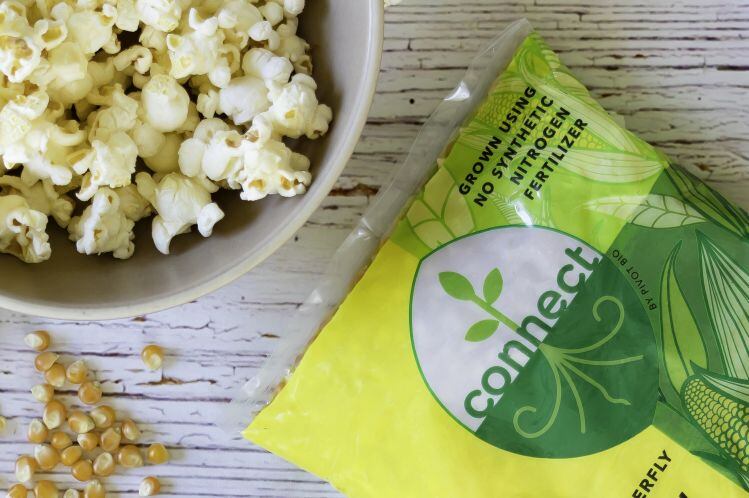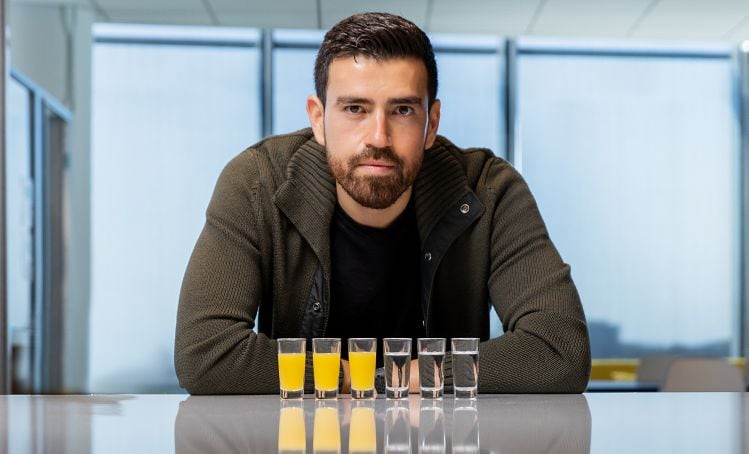In its 2021 ESG Report, Kraft Heinz highlighted that the company has made "significant progress" toward meeting its long-term goal of using 100% recyclable, reusable, or compostable packaging by 2025. According to Kraft Heinz, 83% of its global packaging meets this standard with the launch of several sustainable packaging innovations.
In Canada, for instance, Kraft Heinz introduced a 100% recyclable and compostable Maxwell House coffee pod made from plant-based materials. In the UK, the company partnered with Loop, a waste-free online store, to allow customers to purchase Heinz Tomato Ketchup bottles in refillable packaging that is collected, cleaned, and refilled after use.
In addition, after introducing Heinz Tomato Ketchup’s first 100% recyclable cap in 2021, the company will roll out its first circular tomato ketchup PET bottle to the European market in 2022.
Animal welfare
Kraft Heinz has also made progress in its commitment to laying hen welfare and exclusively purchases free-range eggs in Europe.
Globally, the company’s supply of eggs was sourced from 66% cage-free or better farms as of the end of 2020. Kraft Heinz is on track to follow through on its target to source 100% cage-free eggs globally by 2025.
Environmental footprint
Last year, Kraft Heinz set new targets for its manufacturing facilities aiming to decrease water, energy, and waste by 15-20%. Against 2019 baselines, the company managed to reduce water use intensity by 5.2% in high-risk watershed areas and by 2.8% across its facilities. It also reduced energy use intensity by 2.2%, GHG intensity by 3.4%, and waste to landfill intensity by 6%.
As part of the commitment, Kraft Heinz has publicly disclosed the entirety of its GHG emissions (which it says is verified by a third-party consulting firm).
Diversity, inclusion, and belonging aspirations
Kraft Heinz has made firm targets to develop a diverse and inclusive culture and workforce outlined in its public 2025 DI&B Aspirations report, which aims to grow the company's underrepresented talent and foster a more inclusive culture.
“We want the voices within our Company to reflect and represent our consumers as we innovate our products, create our marketing, and partner with customers and suppliers,” said Kraft Heinz CEO Miguel Patricio. “Amplifying our focus on diversity, inclusion, and belonging enables us to fully realize two of our company Values – We demand diversity, and we are consumer obsessed. Our size and scale afford us the opportunity to have real impact.”
Currently, the Kraft Heinz executive leadership team is 30% women and 80% people of color, while members of the company’s board of directors are 18% women and 36% people of color.
Gender parity
Kraft Heinz is striving to achieve gender parity within management positions globally by 2025, which would mean increasing the representation of women in management from 37% to 50% in the next four years.
The company also aims to reach demographic parity across its global workforce. For instance, in the US where more than half its employees live and work, the company aspires for people of color to represent 30% of the salaried employee population by 2025. Currently, the percentage of the US salaried workforce comprised of people of color is 24%.
Kraft Heinz is also contributing to a more inclusive economy through a new Supplier Diversity Program, starting with US businesses that are majority-owned by people of color, women, LGBTQ-plus individuals, people with disabilities, and veterans.
Such certified businesses will gain access to essential skills, tools, and networks through the program, giving them the opportunity to become Kraft Heinz suppliers. The program initially starts in the United States, with the goal of growing it globally.




